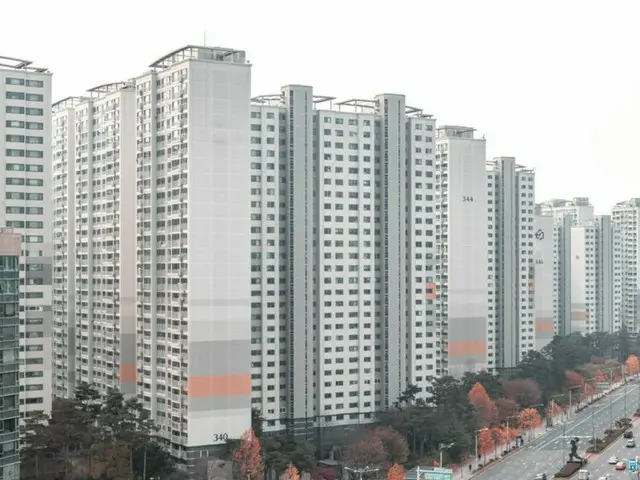According to the March 2025 Consumer Trends Survey released by the Bank of Korea on the 25th, the Consumer Sentiment Index (CCSI) for March was
The Consumer Confidence Index (CCSI) was 93.4, down 1.8 points from the previous month, marking the first decline in three months. The CCSI is a sentiment index that comprehensively shows consumers' feelings about the economic situation.
I) are used to calculate six major indices, with a value greater than 100 indicating optimism and a value less than 100 indicating pessimism. This survey targeted 2,500 households nationwide.
The survey was conducted from the 11th to the 18th of this month. Of the six indices that make up the CCSI, all indicators declined except for current living conditions (87) and current economic outlook (55).
The index fell 3 points from the previous month to 70. Outlook for living conditions and household income also fell 1 point to 92 and 96, respectively. Outlook for consumer spending fell 2 points to 96.
The index fell to 104. Lee Hae Yeong, head of the economic sentiment research division at the Bank of Korea, explained that "future economic outlook has declined due to a slowdown in export growth and adjustments to growth rate forecasts."
The Organization for Economic Cooperation and Development (OECD) recently predicted South Korea's economic growth rate for this year to be 1.5%, matching the forecast released by the Bank of Korea last month.
The outlook for South Korea's growth rate was lowered by another 0.6 percentage points after it was lowered from 2.2% to 2.1% in the previous year. Among the components of the CSI, the outlook for interest rates is based on the possibility of a reduction in the base interest rate and an increase in bank
The index fell 7 percentage points from the previous month to 92, due to a reduction in the estimated interest rate. This is the largest drop since January 2024, when it recorded minus 8 points.
Meanwhile, the outlook for home prices rose 6 points from the previous month to 105, the largest increase since a 7-point increase in July of last year.
This is a result of factors such as the lifting of the land transaction permit system last month, which led to an increase in apartment prices in the Seoul area. On the 12th of last month, the Seoul Metropolitan Government announced that the pace of increases in housing prices in Seoul had slowed to some extent.
However, housing prices subsequently soared, especially in three districts of the Gangnam area, and the government reinstated the land transaction permit system on the 19th in an effort to resolve the situation.
"Since the declaration of martial law, there have been many political uncertainties, and exports have slowed down due to the US tariff policy, so consumer sentiment remains weak," Lee said.
In the case of the housing market, the Korean government has announced a redesign of the land transaction permit system in an effort to stabilize the market, so we will have to wait and see how much of an impact this will have."
The expected inflation rate, which indicates the outlook for the rate of increase in consumer prices over the next year, was calculated at 2.7%, unchanged from the previous month.
The main items that will have an impact on consumer price increases over the next year were agricultural, livestock and fishery products (50.5%), utility bills (48.8%), industrial products (3
Expected inflation rates three and five years from now were 2.6%, unchanged from the previous month.
2025/03/25 07:14 KST
Copyrights(C) Edaily wowkorea.jp 107

